
Episode 143 – Supply Chain Sustainability with Justin Goldston
In this episode, I was joined by Justin Goldston who is a professor, speaker, Ph.D., and all-around supply chain expert.

In this episode, I was joined by Justin Goldston who is a professor, speaker, Ph.D., and all-around supply chain expert.
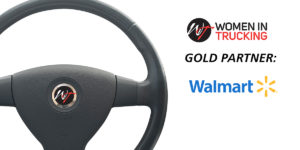
The Women In Trucking Association (WIT) announced that Walmart has renewed its Gold Level Partnership for the twelfth year, helping

We love numbers. We’re quite obsessed with them. Everything we do in business has to be measured and tracked in a

The Board of Governors of MHI announced the appointment of John Paxton to the position of Chief Executive Officer of

The Women In Trucking Association (WIT) has announced Karen Noel as its January Member of the Month. She is an owner/operator
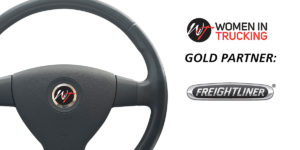
The Women In Trucking Association (WIT) has announced that Freightliner Trucks has renewed its Gold Level Partnership to help the

Effective December 29th, the Internal Revenue Service and the Treasury Department will begin delivering a second round of Economic Impact

The President has now signed the Coronavirus Response and Relief Supplemental Appropriations Act (The Act) as part of the Consolidated Appropriations

On Monday evening, both the House and Senate passed the CORONAVIRUS RESPONSE AND RELIEF SUPPLEMENTAL APPROPRIATIONS ACT (“The Act”) as part

Everyone is re-branding their business… new logos… new slogans… new business cards… the list goes on. But why are you
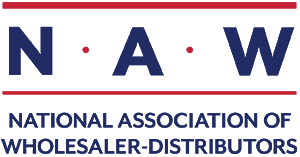
The National Association of Wholesalers-Distributors made their members aware of the new legislation that can assist their members during the

97% of all sales are not made on the first call. It takes five to ten exposures (follow-ups) to a prospect

Let’s face it. We all are ready to bid goodbye to 2020. With the obvious exception of 2008-2009, this year

The Material Handling Equipment Distributors Association (MHEDA) staff members fulfilled the Christmas wishes of ten children and two seniors as

Material Handling Equipment Distributors Association (MHEDA) is inviting its member to mark their calendars for the annual MHEDA Convention in
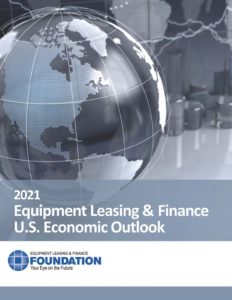
Equipment and software investment growth fared better than overall GDP growth in 2020 as businesses invested to adapt to the

AMT hires Arthur J. Kahler to support an increase in demand for the company’s engineering services and control system integration

When Dean, the General Manager & Publisher of Material Handling Wholesaler, gave me this topic to cover for the January
The Power Transmission Distributors Association (PTDA), the association for the industrial power transmission/motion control (PT/MC) distribution channel, welcomed three new
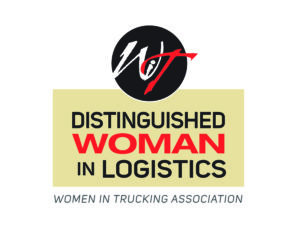
Women In Trucking Association (WIT), Truckstop.com, and Transportation Intermediaries Association (TIA) are seeking nominations for the 2021 Distinguished Woman in Logistics Award